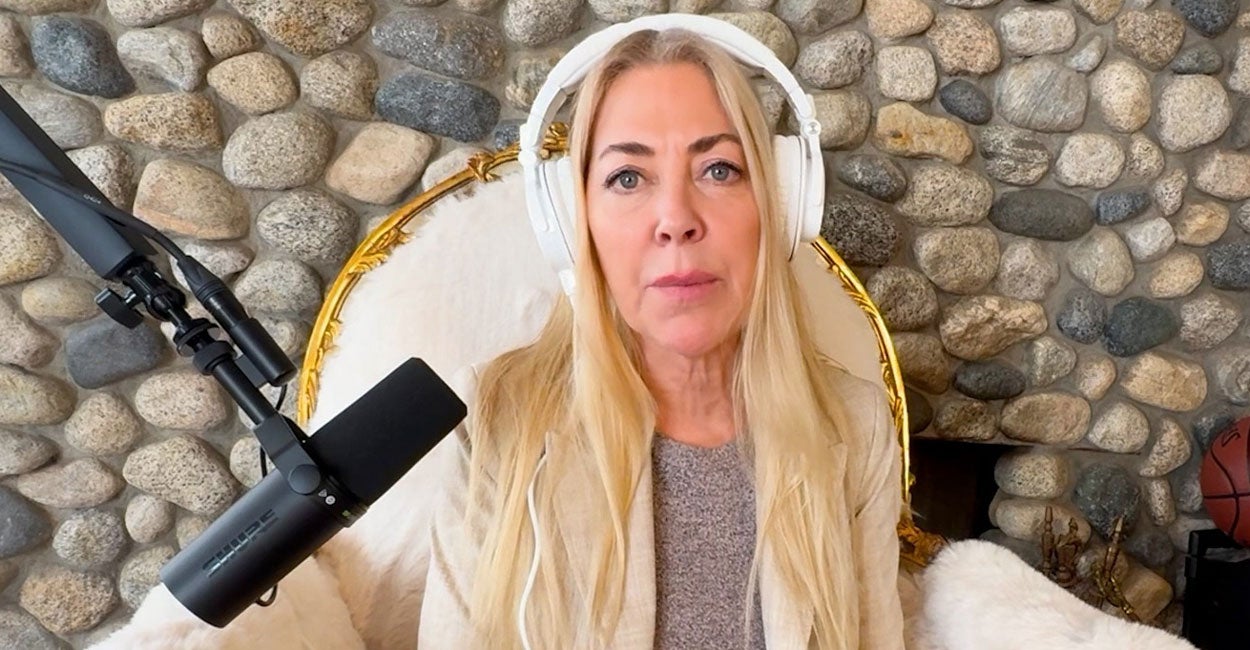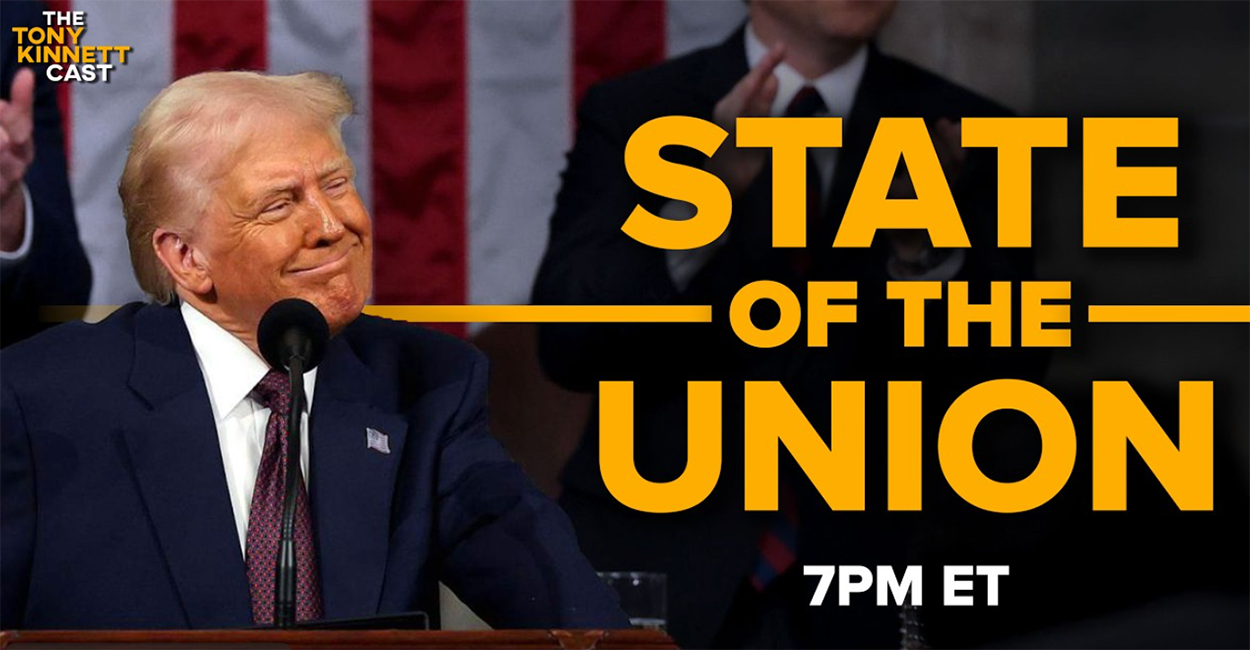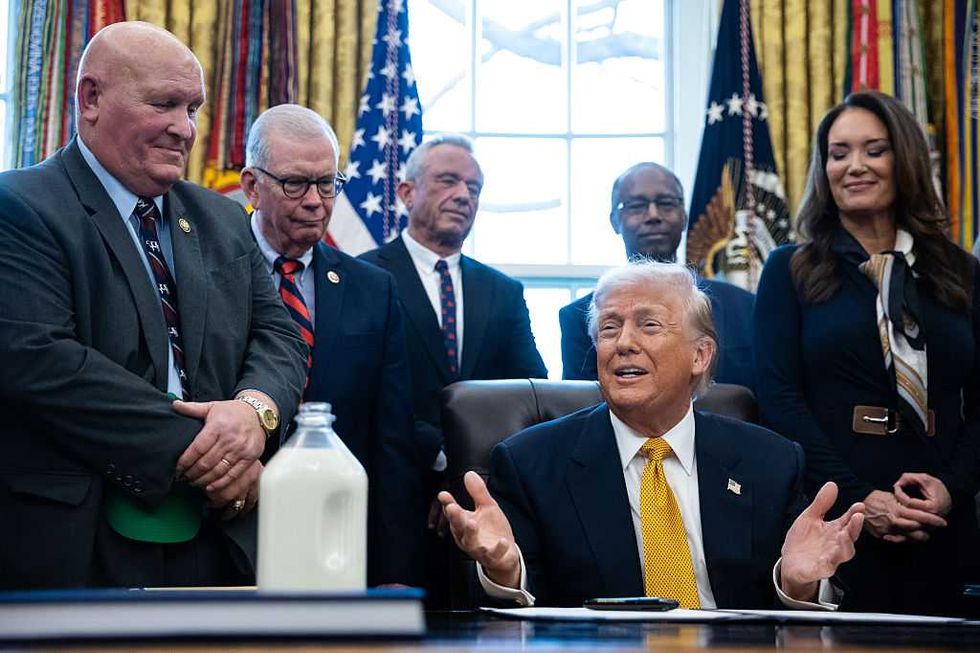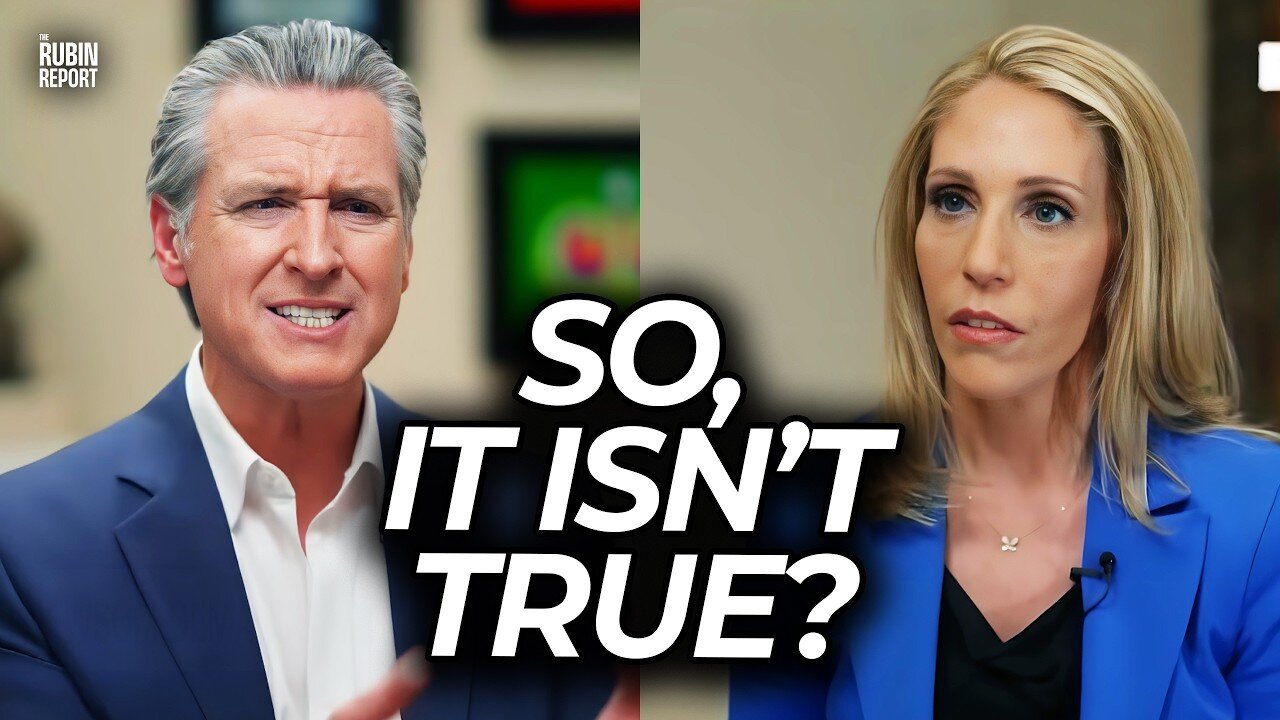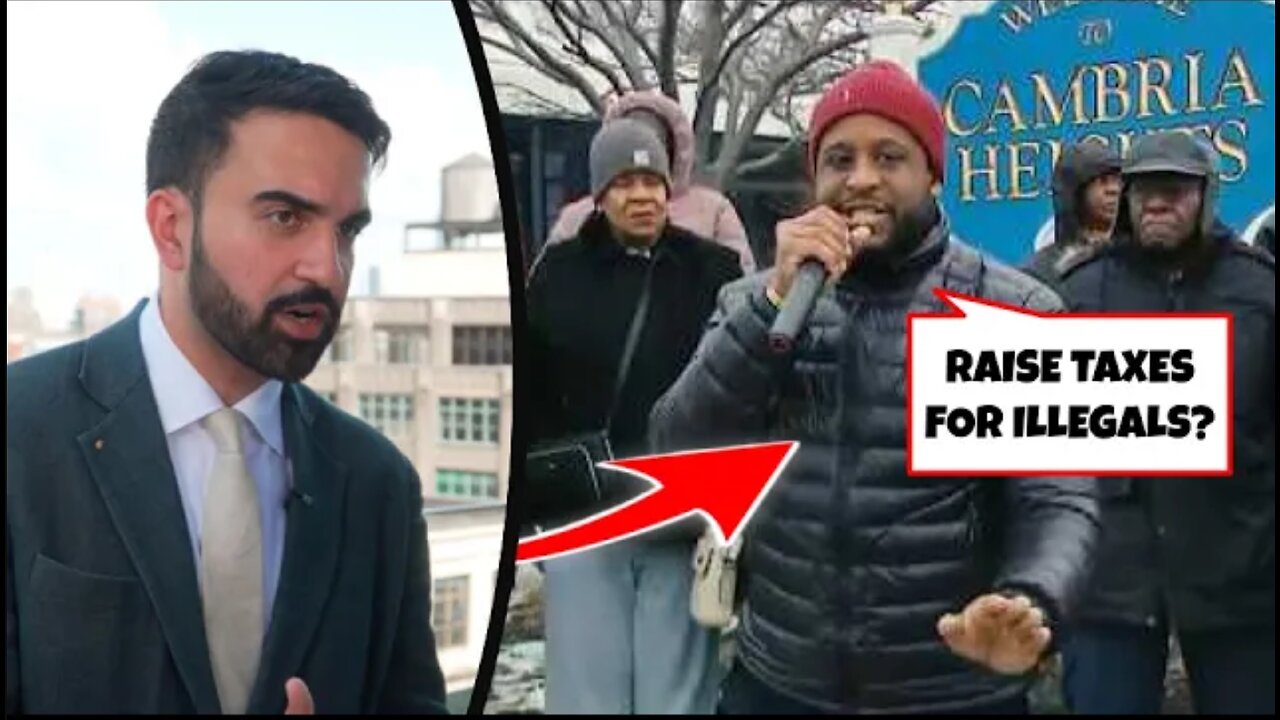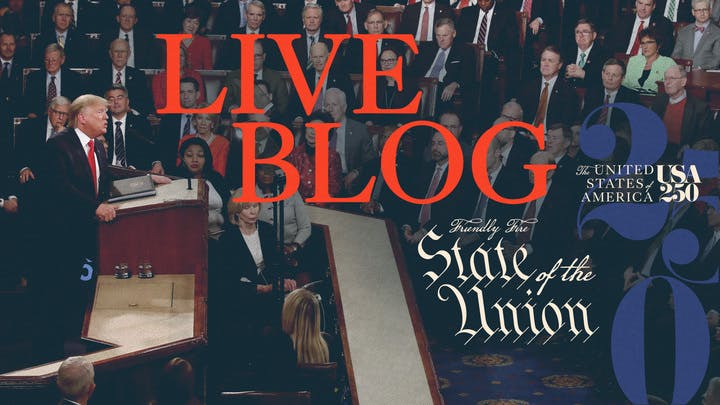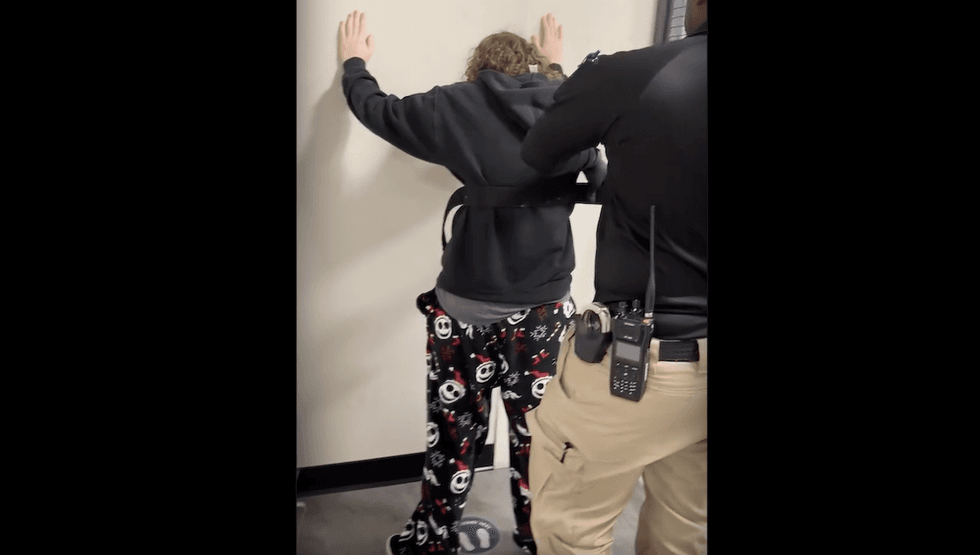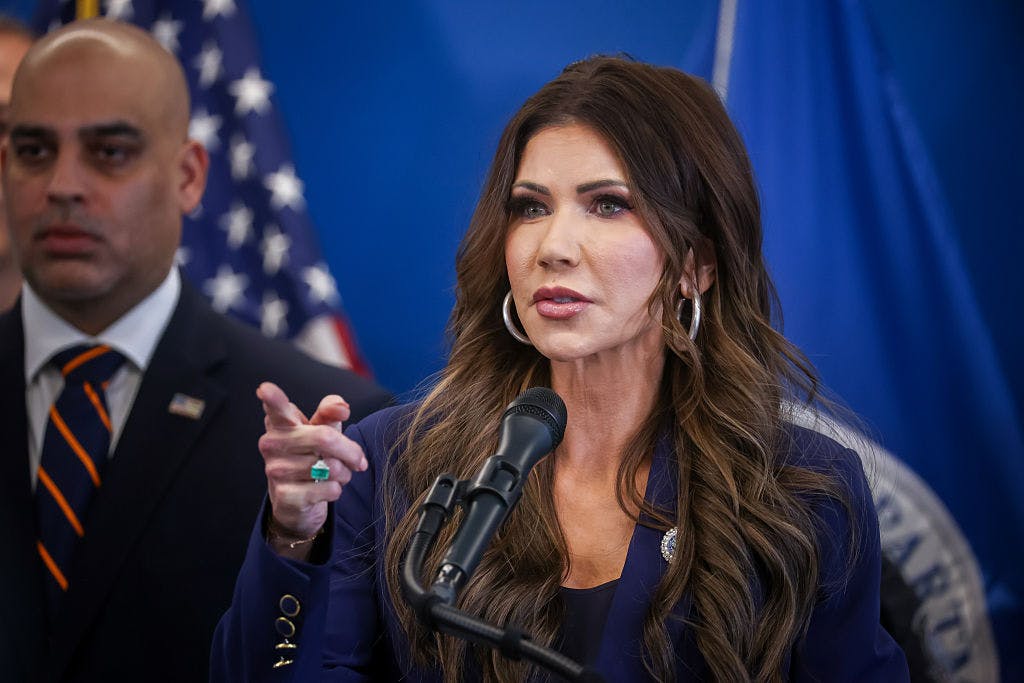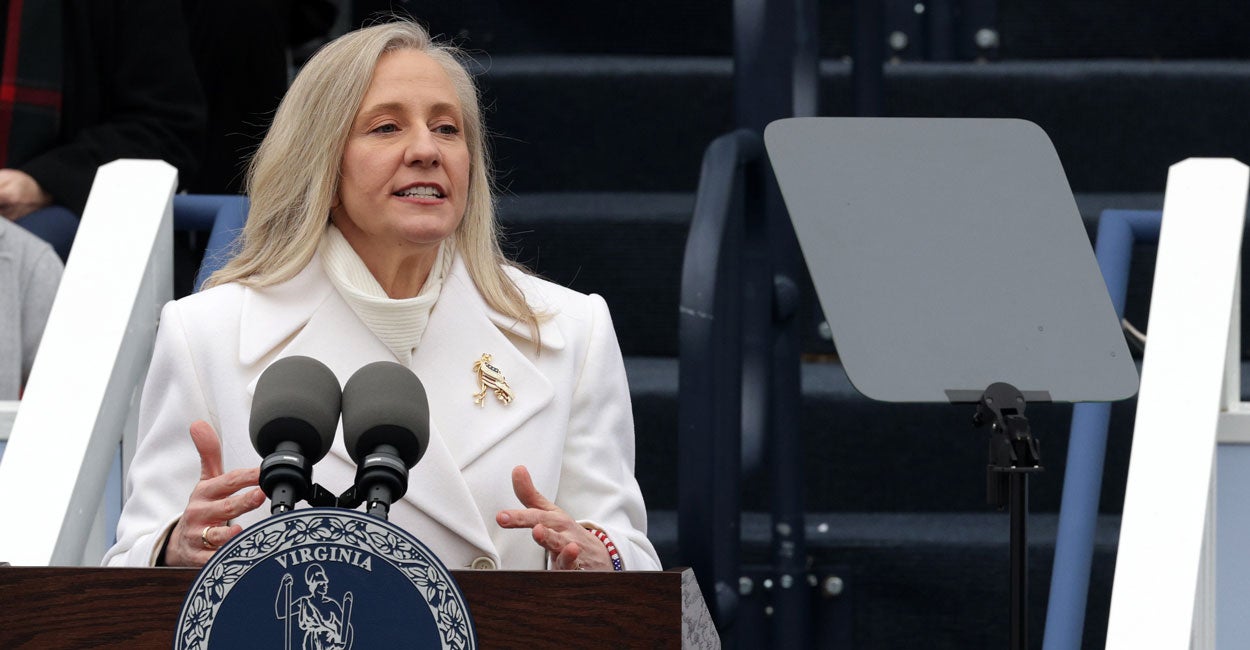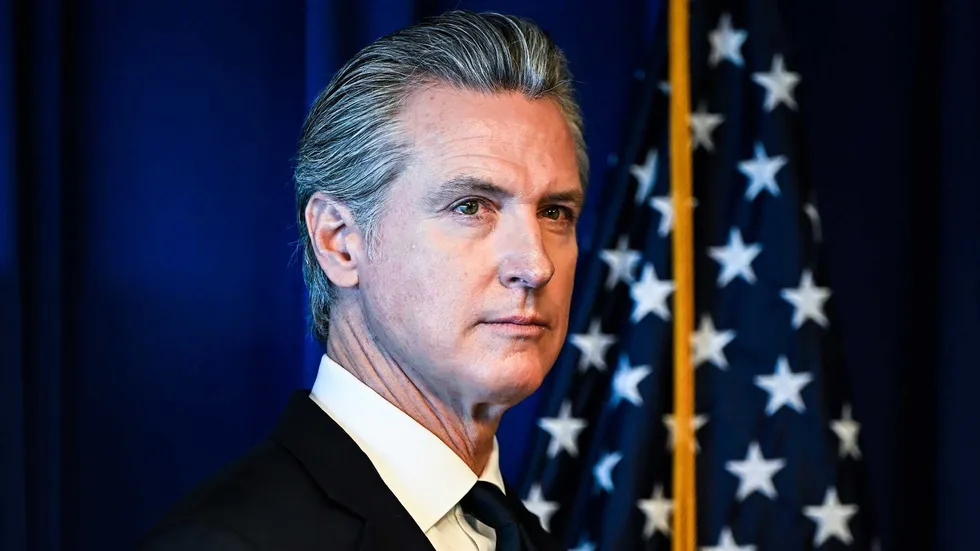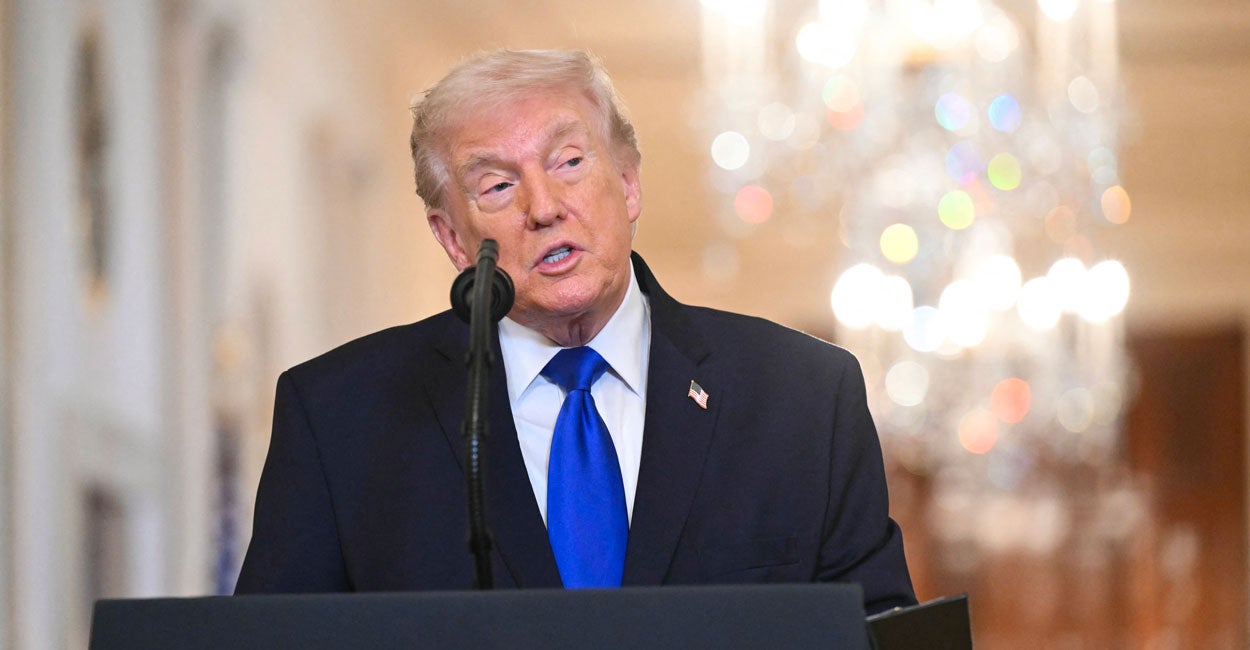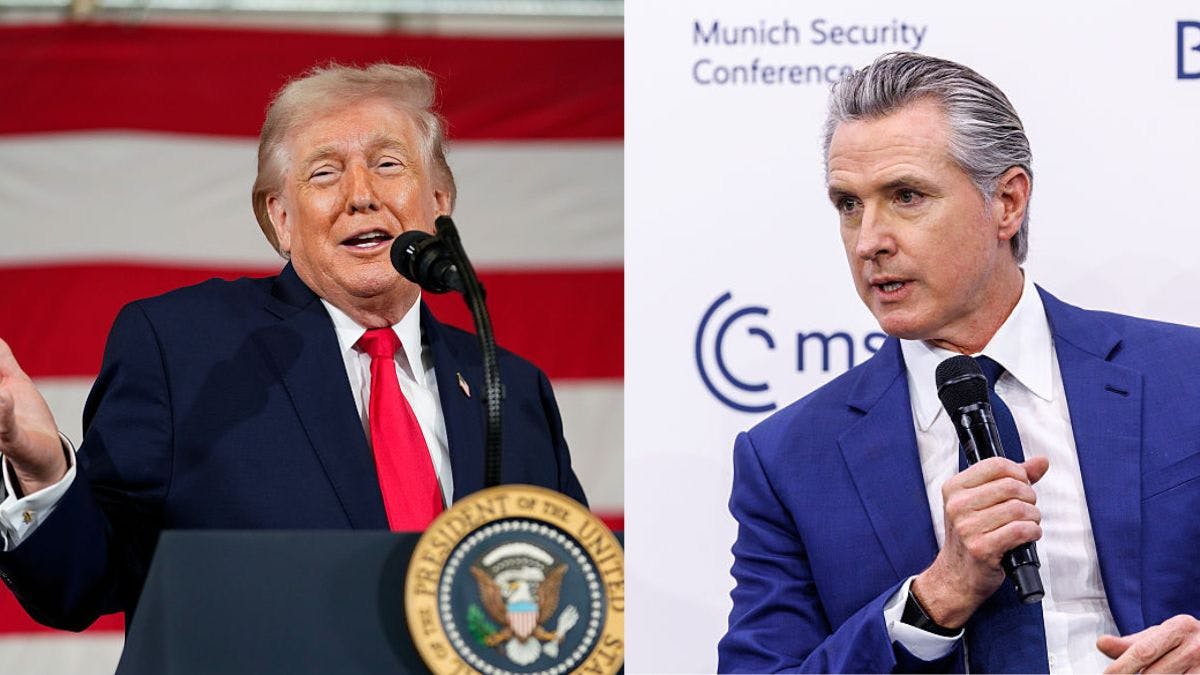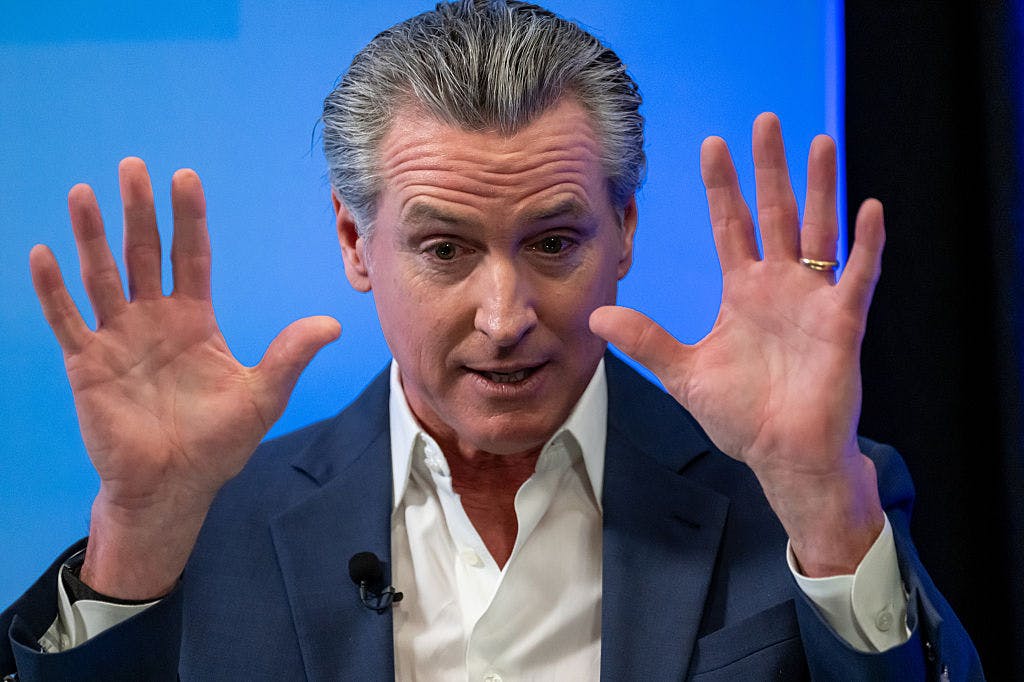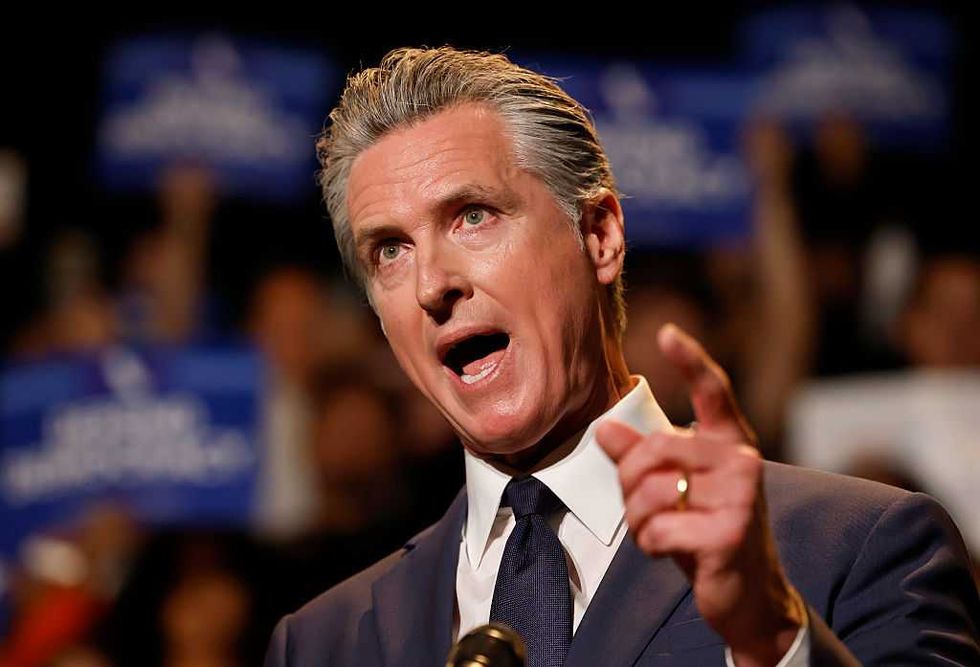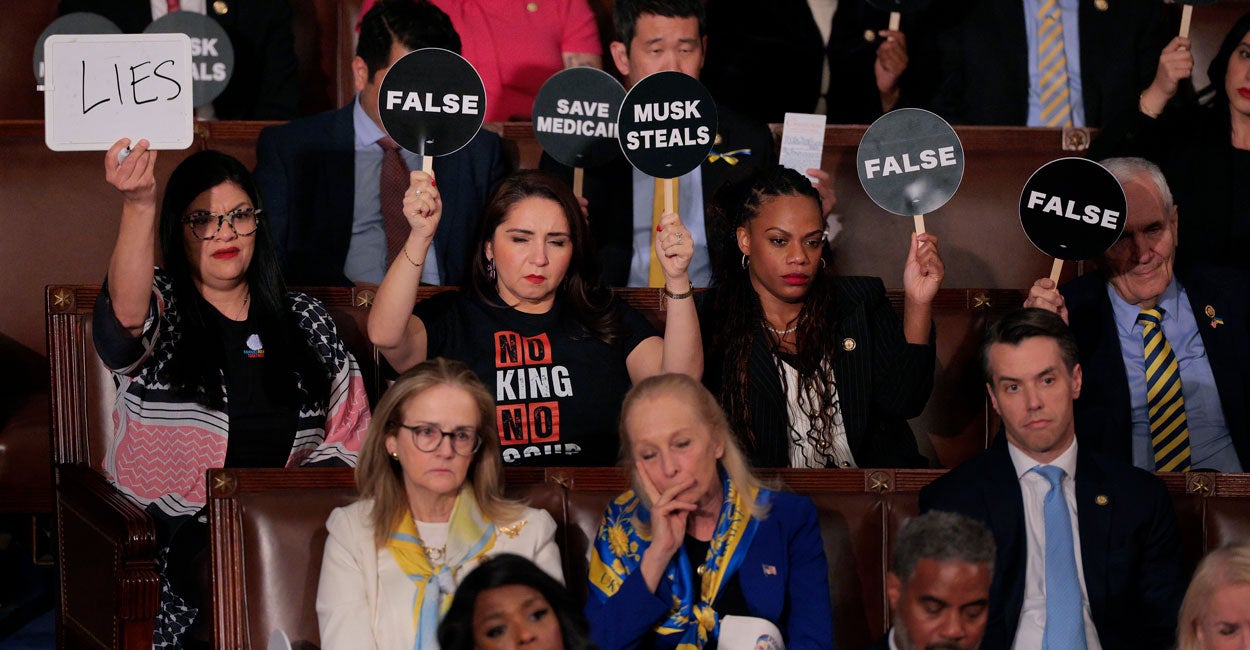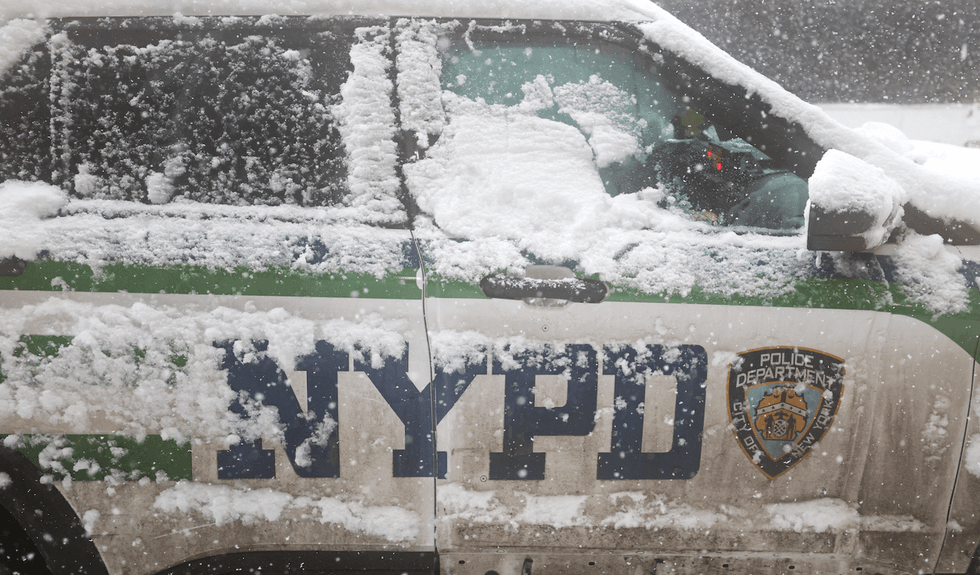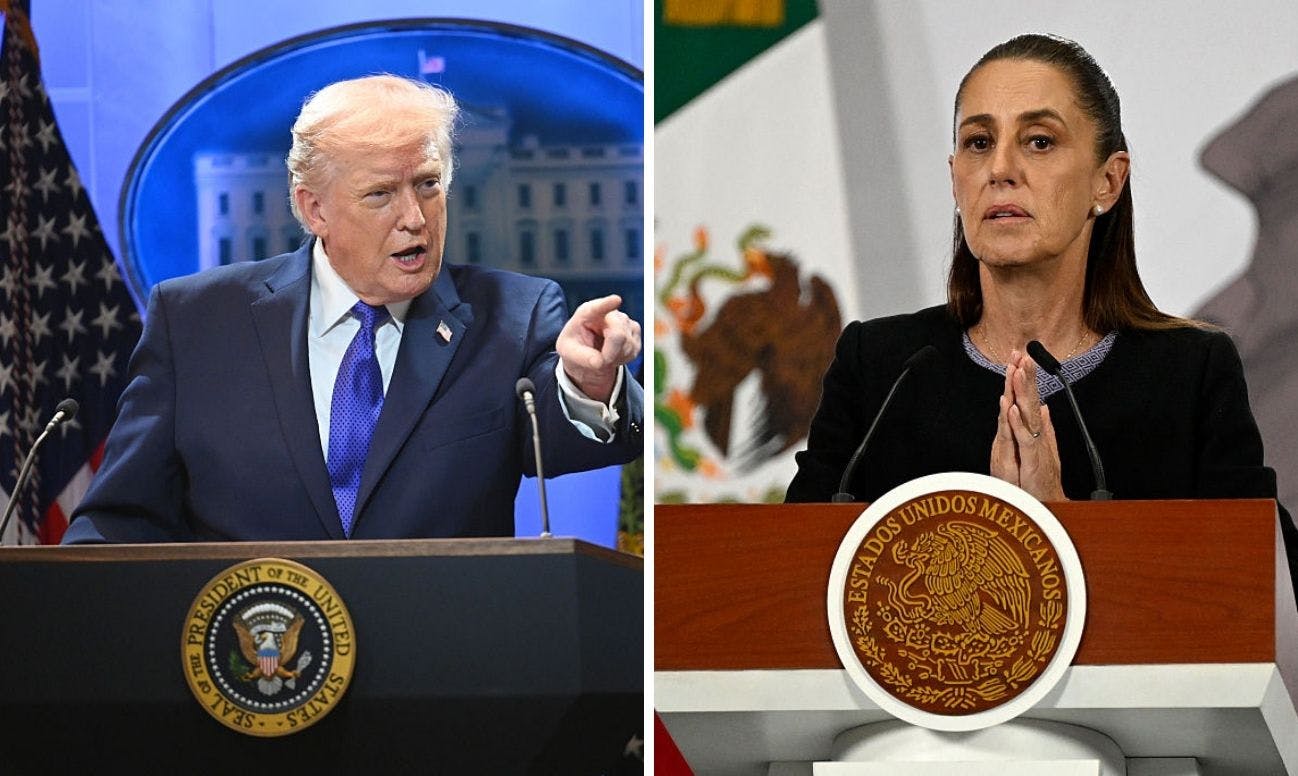Next Church of Latter-Day Saints President is a Fierce Defender of Religious Liberty
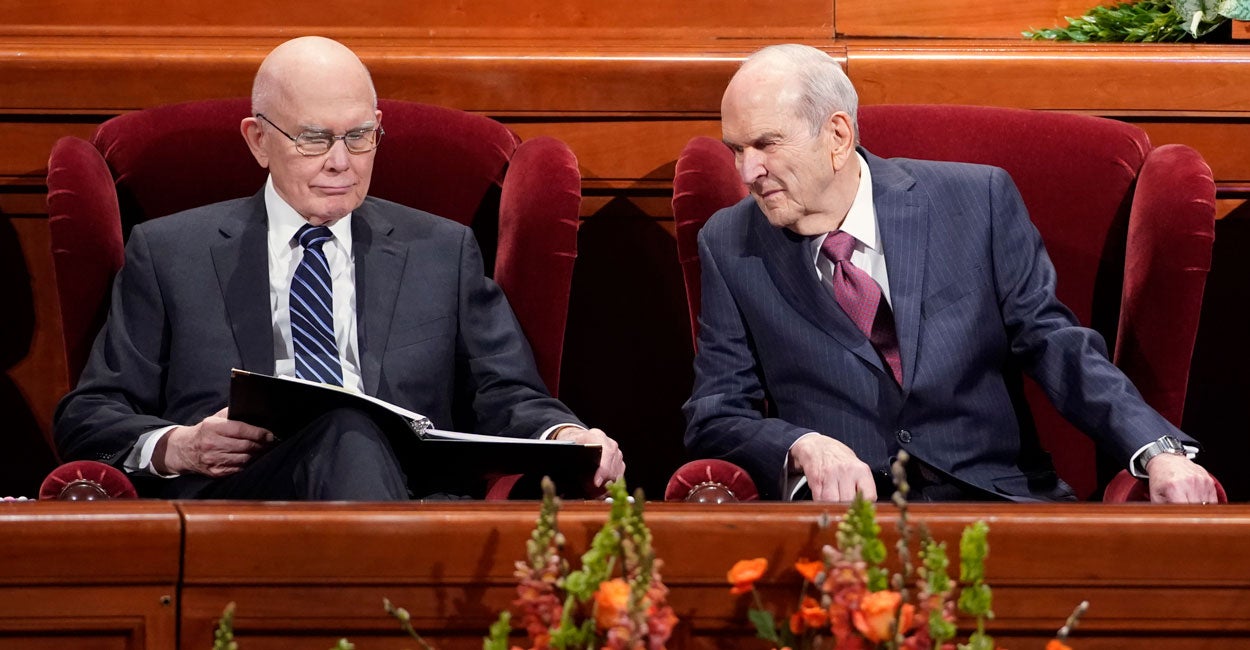
The Church of Jesus Christ of Latter-day Saints, previously known as the Mormon Church, lost its leader over the weekend, and his replacement is a fierce advocate for religious liberty who former Presidents Ronald Reagan and Gerald Ford both considered for the U.S. Supreme Court.
Live Your Best Retirement
Fun • Funds • Fitness • Freedom
The Legacy of Russell M. Nelson
The hierarchical equivalent of a pope, Russell M. Nelson, died on Saturday. Next Tuesday’s funeral for the 101-year-old leader will likely be translated into some 93 languages and beamed by satellite from downtown Salt Lake City to more than 19,000 local Latter-day Saint Church buildings worldwide.
Under centralized leadership, adherents of the 17 million-member church whose assets approach $300 billion—dwarfing most national gross domestic products—deemed Nelson a “prophet, seer and revelator.”
Nelson’s final address to church members, in April, referenced Jesus’ Sermon on the Mount, where Jesus said, “Blessed are the peacemakers.”
“And so, [Nelson] talked about looking for peace, looking for ways to bring down the temperature, and how prescient that was,” former Utah Sen. Mitt Romney told Deseret News.
Nelson’s death came just one day before the tragic murder of four parishioners worshipping in a Michigan Latter-day Saint chapel last Sunday morning. The gunman, who destroyed the church via arson, died in a shootout with police.
Nelson’s nearly eight-year term brought significant changes to the Church of Jesus Christ, including changing nomenclature away from “Mormon Church” to greater emphasis on Jesus Christ. Nelson instructed members to invoke the church’s full name whenever possible, rather than referring to Mormon, a prophetic figure in one of the church’s canonical texts.
Nelson allowed women and youth to serve as witnesses for baptismal ordinances and women to serve as witnesses for temple rituals. He also shortened Sunday services, from three hours to two hours, to encourage greater teaching at home for a “home-centered church.”
Nelson forged a partnership with the National Association for the Advancement of Colored People, donating $10 million to the organization. Under Nelson’s watch, the iconic hymn “Amazing Grace,” returned to the Latter-day Saints hymnal, along with other Christian songs shared by Protestant denominations.
Unlike Catholics’ smoke-signaling conclave, Nelson’s successor has long been known because Latter-day Saint prophetic succession is based on seniority of the longest-serving Apostle. That is Dallin Oaks, whose secular career included serving as a Utah Supreme Court justice, University of Chicago law professor, and clerk for former U.S. Supreme Court Chief Justice Earl Warren.
Dallin Oaks’ Devotion to Religious Liberty
Given rising hostilities toward people of faith, it is fortuitous that Oaks is a brilliant legal mind at the forefront of defending religious liberty, urging ecumenical efforts to protect religious freedom on platforms ranging from Duke Law School and First Things magazine to University of Virginia.
“I am one of many Latter-day Saints whose DNA includes a desire for religious freedom, felt as fundamental as the marrow in our bones,” Oaks told the 2022 Notre Dame Religious Liberty Summit in Rome. “For me personally, religious liberty is not academic,” Oaks said, sharing his painful family history of Latter-day Saint ancestors murdered, imprisoned, driven from their burning homes at the hands of state and federal government or violent mob action due to religious discrimination.
Oaks said, “We have learned that the best remedy for religious persecution that affects us is to join in efforts to reduce religious persecution that affects others.”
Given that conservatives generally value traditional faith and religious liberty more than progressives today, it’s no coincidence that Latter-day Saints have become more Republican over time. Pew reported 73% of Latter-day Saints identified as Republican last year, compared to 65% in 2007. Latter-day Saints are heavily involved in conservative politics, and during the 2024 election, President Donald Trump defeated rival Kamala Harris in Utah by nearly 22 points.
Yet in America, Oaks faces challenges: The Church of Jesus Christ of Latter-day Saints struggles mightily with public perception. A 2023 Pew survey measuring religious attitudes found Americans view members of that church as least favorable—below atheists and Muslims. Pew reported that non-Latter-day Saints who know someone from that church are “more likely to express an unfavorable view (31% vs. 22%),” of the faith.
A Church at the Crossroads
Now a non-denominational Protestant, I am a former Latter-day Saints Church member and Brigham Young University graduate. My ancestors helped found the church—working directly with early leaders like founder Joseph Smith and Brigham Young. I am proud of what my ancestors built in Utah: America’s strongest social mobility.
I met Nelson and his wife when I lived in New York City, where my cousin invited me to sing during the Nelsons’ visit to young professionals. They welcomed my choral voice even though I’d left the fold; I found the Nelsons warm and gracious.
The Church of Jesus Christ of Latter-day Saints faces a crossroads, and I believe it’s turning toward interdenominational bridge building. Next month, the basketball arena of Utah Valley University, a Latter-day Saints-dominated school and site of Charlie Kirk’s assassination, will host evangelical megachurch pastor Greg Laurie for a revival event called “Hope for America.” Aimed at healing wounds and reviving students grieving Kirk, it could be a pivotal step toward bringing Latter-day Saints into greater fellowship with people of faith around the world.
Carrie Sheffield is author of ”Motorhome Prophecies: A Journey of Healing and Forgiveness” and program manager of Healthy Faith.
We publish a variety of perspectives. Nothing written here is to be construed as representing the views of The Daily Signal.
The post Next Church of Latter-Day Saints President is a Fierce Defender of Religious Liberty appeared first on The Daily Signal.
Originally Published at Daily Wire, Daily Signal, or The Blaze
What's Your Reaction?
 Like
0
Like
0
 Dislike
0
Dislike
0
 Love
0
Love
0
 Funny
0
Funny
0
 Angry
0
Angry
0
 Sad
0
Sad
0
 Wow
0
Wow
0
